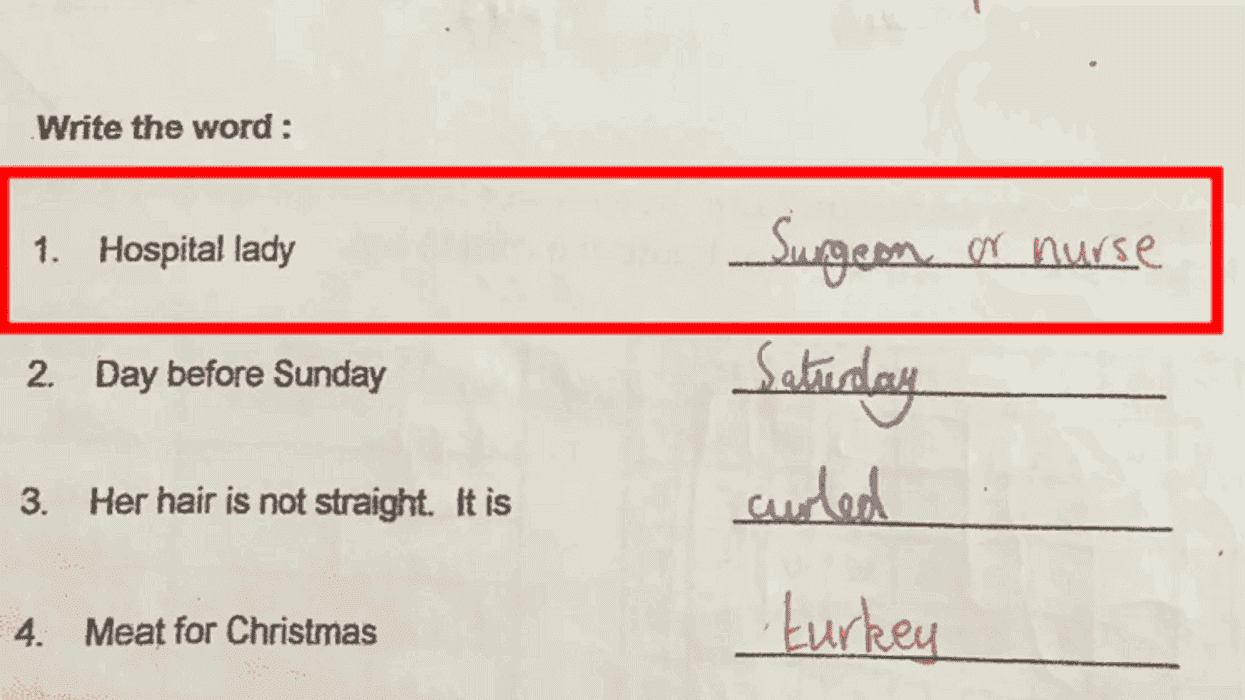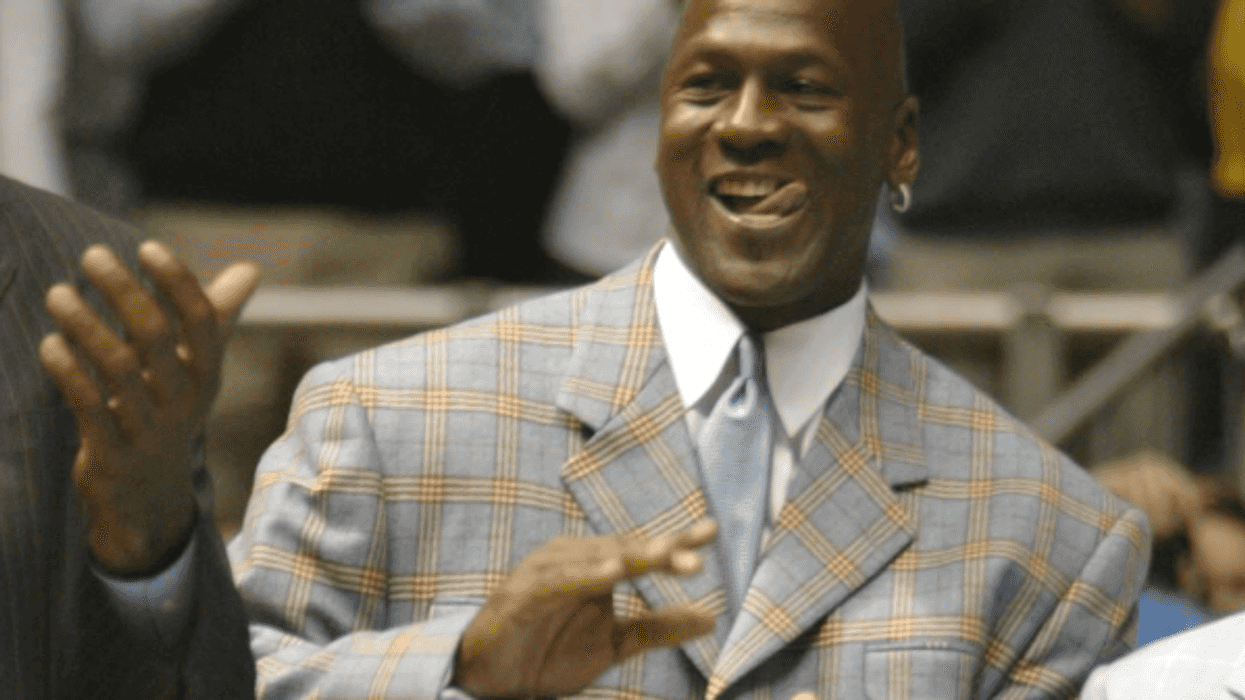When a routine paycheck turned into a financial nightmare, Tara Jones, an Amazon warehouse worker and mother from Oklahoma, refused to stay silent. In 2020, Jones opened her payment notification expecting $450—only to find a mere $90 deposited. After weeks of fruitless appeals to managers, she took an unprecedented step: emailing then-CEO Jeff Bezos directly.
Jones, skilled in accounting, recognized the error wasn’t isolated. “I’m crying as I write this email because I’m tired of calling people over and over again and no resolution,” she wrote, per the New York Times. “I’m behind on bills, all because the pay team messed up.”
Bezos, known for occasionally engaging with frontline concerns, escalated her complaint. The resulting investigation uncovered underpayment issues spanning 179 warehouses and 18 months, disproportionately affecting parents, medical leave takers, and disabled workers.

Among those impacted was James Watts, a 54-year-old employee recovering from heart attacks and strokes. Amazon terminated his benefits during disability leave, forcing him to sell his wedding rings and surrender his car.
“The payments restarted instantly after this investigation,” Amazon spokesperson Kelly Nantel told reporters. The company pledged reforms, vowing to become “Earth’s best employer” under current CEO Andy Jassy.

This wasn’t Bezos’ first hands-on intervention. Decades earlier, he famously tested Amazon’s customer service during a leadership meeting. As he recounted on the Lex Fridman Podcast, an employee insisted wait times averaged 60 seconds—until Bezos called the helpline and waited 10 minutes. “He didn’t want complaints to go unattended,” a former colleague noted, highlighting his insistence on accountability.
- YouTube youtu.be
Jones’ email became a catalyst for change, but scars remain. Workers like Watts still grapple with financial fallout, while Amazon faces ongoing scrutiny over labor practices. “We’re enhancing our leave systems,” Jassy assured, though critics argue true reform requires more than promises.
This article originally appeared earlier this year.





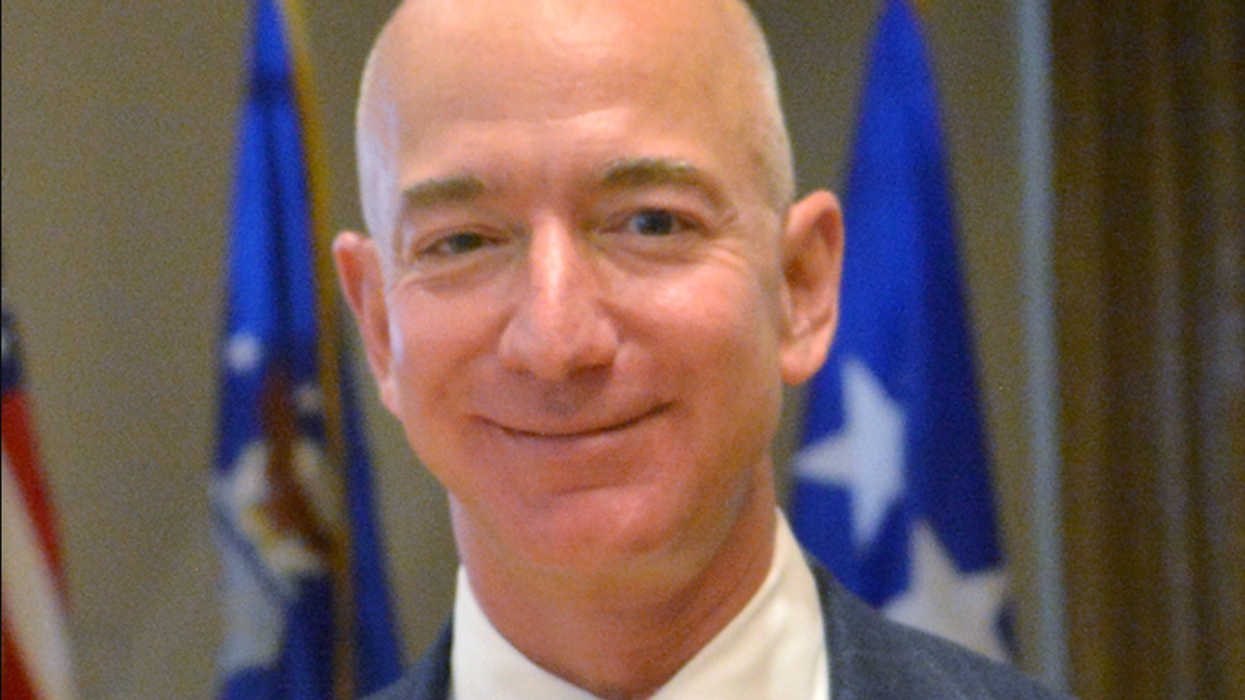

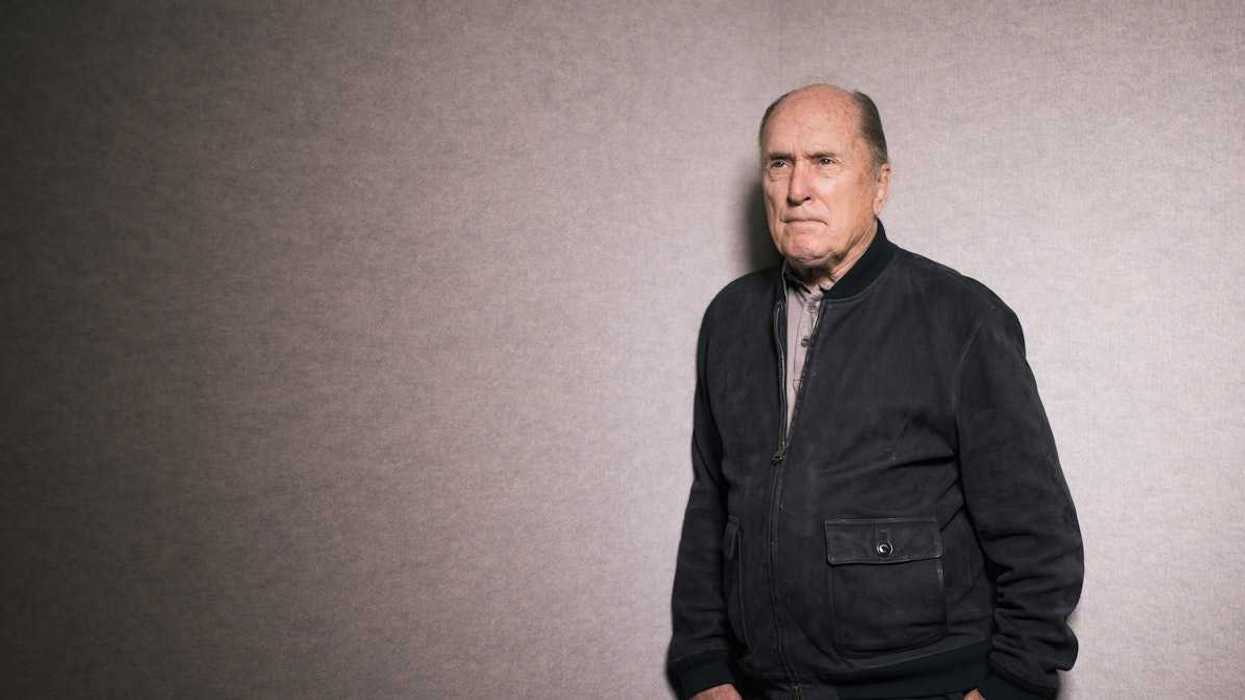









 A woman swims in the oceanCanva
A woman swims in the oceanCanva A happy-looking dolphin popping out of the waterCanva
A happy-looking dolphin popping out of the waterCanva
 A labratory mouse checks out a microscopeCanva
A labratory mouse checks out a microscopeCanva


 A woman scrolls through a dating appCanva
A woman scrolls through a dating appCanva
 A young woman scrolling on her phoneCanva
A young woman scrolling on her phoneCanva Gig of two cartoon penguins watching TV via
Gig of two cartoon penguins watching TV via 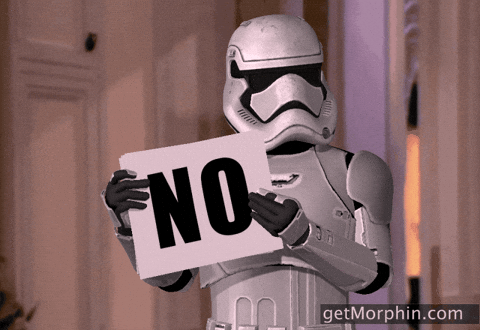 Gif of a storm trooper flipping through sings that say 'no' via
Gif of a storm trooper flipping through sings that say 'no' via 